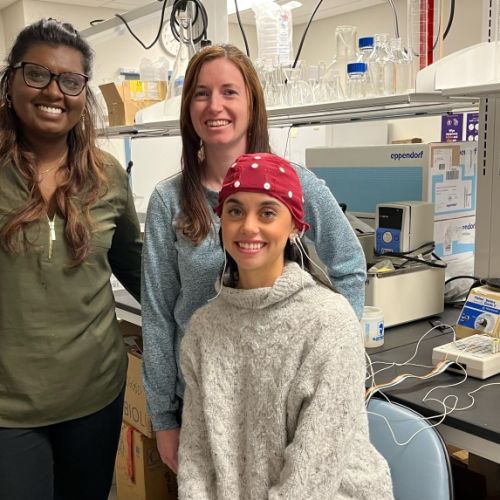Sault Ste. Marie researcher studying how to predict, prevent ‘chemo brain’
CBC news
Nirosha Murugan, at Algoma University, provided $187,870 from New Frontiers in Research Fund for study.
“The goal here is if we can pick it up and kind of detect that, OK, the brain is sort of changing towards chemo brain or cognitive impairments associated with chemo brain that maybe we can intervene and kind of mitigate that process from occurring in the first place.”
The study will require about 200 participants, who will be followed over two years of the study.
Murugan says the application of the research could extend beyond ‘chemo brain.’
“The idea is if we can develop this tool and technology in ‘chemo brain’, we are trying to move this over to Alzheimer’s, dementia, can be used for schizophrenia, all sorts of neuro-psychiatric issues.”
Related Posts







